Home of UT
Materials Science and
Engineering
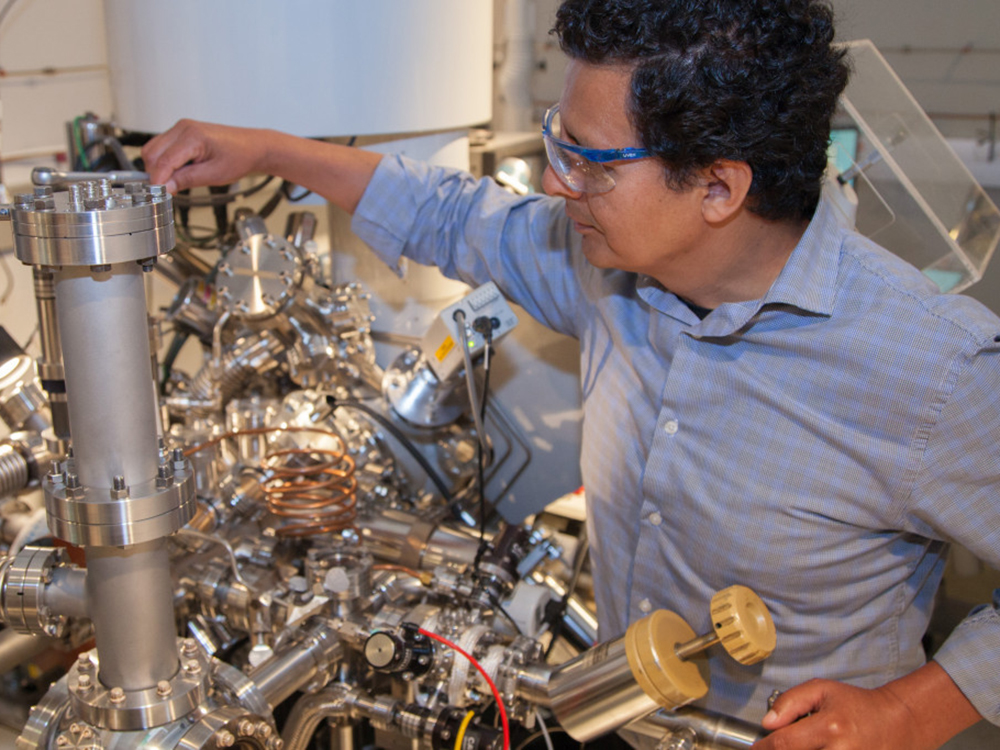
Core Faculty
TMI's core faculty lead cutting-edge research by running their grants through the institute, fostering collaboration and resource sharing.
Learn More
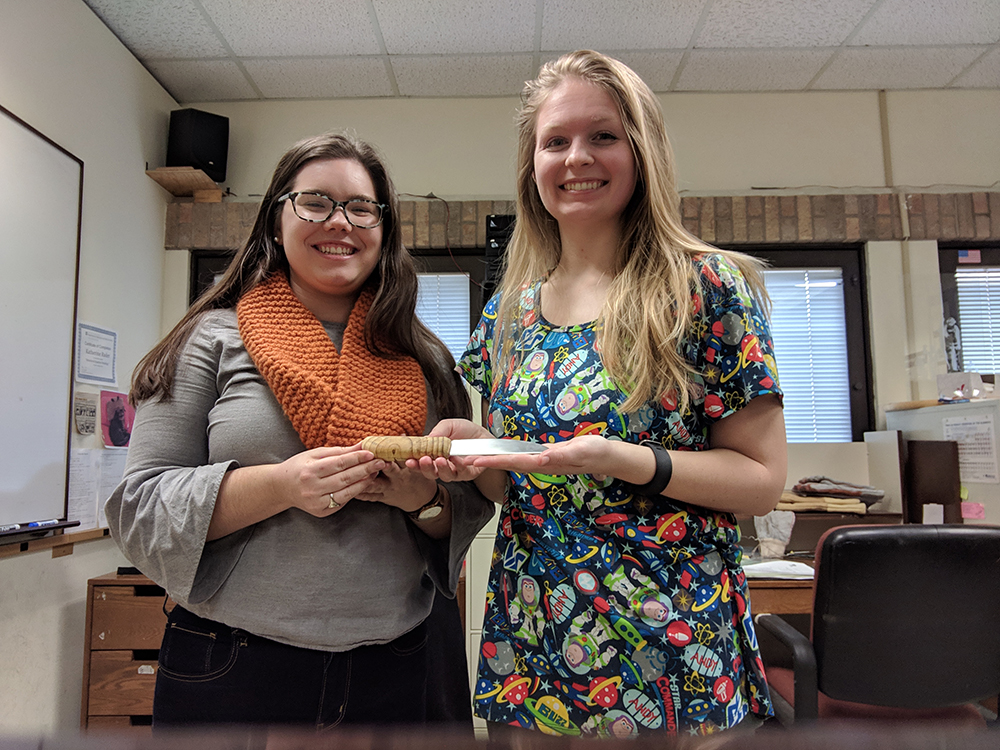
Graduate Program
Our Materials Science and Engineering program is one of the best in the nation, and our graduates go on to be leaders in their fields.
Learn More
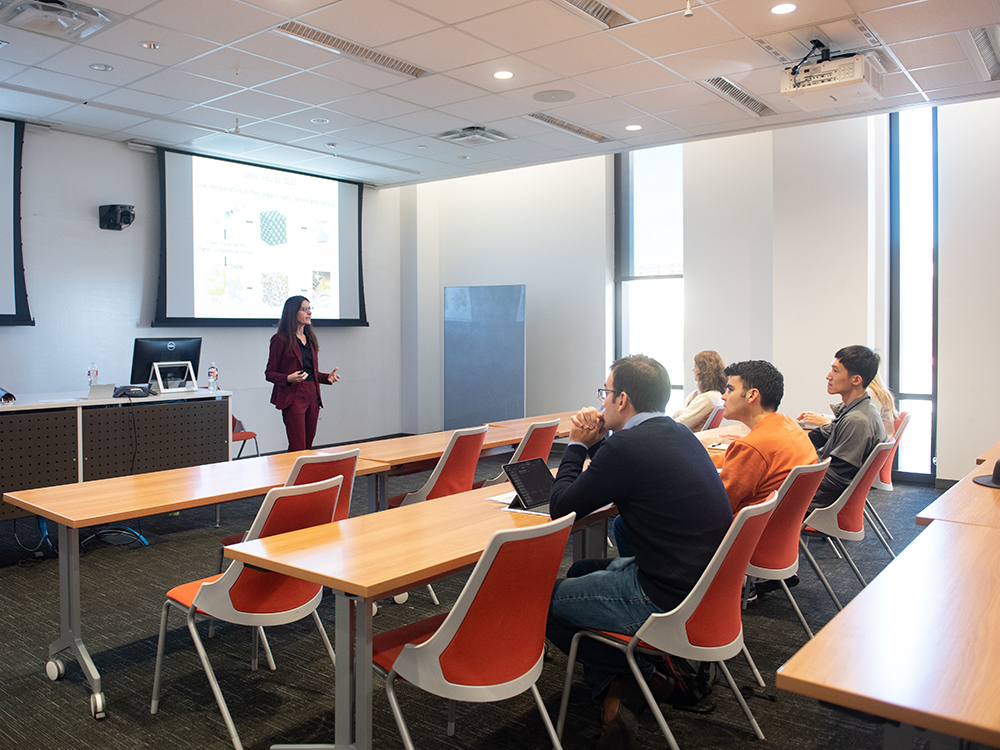
Research
TMI supports interdisciplinary research at UT Austin, with over 100 faculty focusing on clean energy, nanotechnology, and advanced materials using our state-of-the-art facilities.
Learn More
Home

Subak Sensing: Silver Nanocluster Reporters Transform Genetic Testing
Forster resonance energy transfer (FRET) reporters are often used in tests to show if specific genetic material is present. In these tests, certain enzymes called nucleases cut the FRET reporters, causing them to emit light. However, making these FRET reporters involves using a dye/quencher pair and purifying them, which makes the FRET reporters expensive.

Unlocking Collective Motion: Mimicking Nature with Active Particle Systems
In nature, we often see remarkable patterns of movement in groups of animals like fish or birds. These movements are complex and dynamic, involving various behaviors and changes over time. Scientists at UT Austin have been trying to recreate similar behaviors in artificial systems using tiny particles that move on their own.

Addressing Dendrite Issue in Solid-State Electrolytes
All-solid-state batteries (ASSBs) are widely considered as the "Beyond Li Ion" technology, being potentially much safer and with much higher energy than commercial LIBs. ASSBs employ high voltage cathodes such as LiNi0.8Mn0.1Co0.1O2 (NMC811) and LiNi0.5Mn1.5O4 and a non-flammable inorganic separator termed solid-state electrolyte (SSE). For most ASSB architectures, a relatively thick metallurgically-rolled lithium foil is employed as the battery anode. However, limiting the amount of lithium is essential to achieving ASSBs with the targeted energy.

Deji Akinwande receives Office of Naval Research Funding
Electrical and computer engineering Professor Deji Akinwande, receives Office of Naval Research (ONR) funding for research focused on making computer systems that are energy-efficient and brain-like, specifically by studying a tiny component called an "atomristor."
Page 23 of 35
Texas Materials Seminar Series
The Texas Materials Seminar Series features MSE 397 Seminars, TMI Distinguished Lectureships, and TMI Special Seminars, where leading faculty and professionals from around the world share cutting-edge innovations and advancements in materials engineering with our students.
Learn More
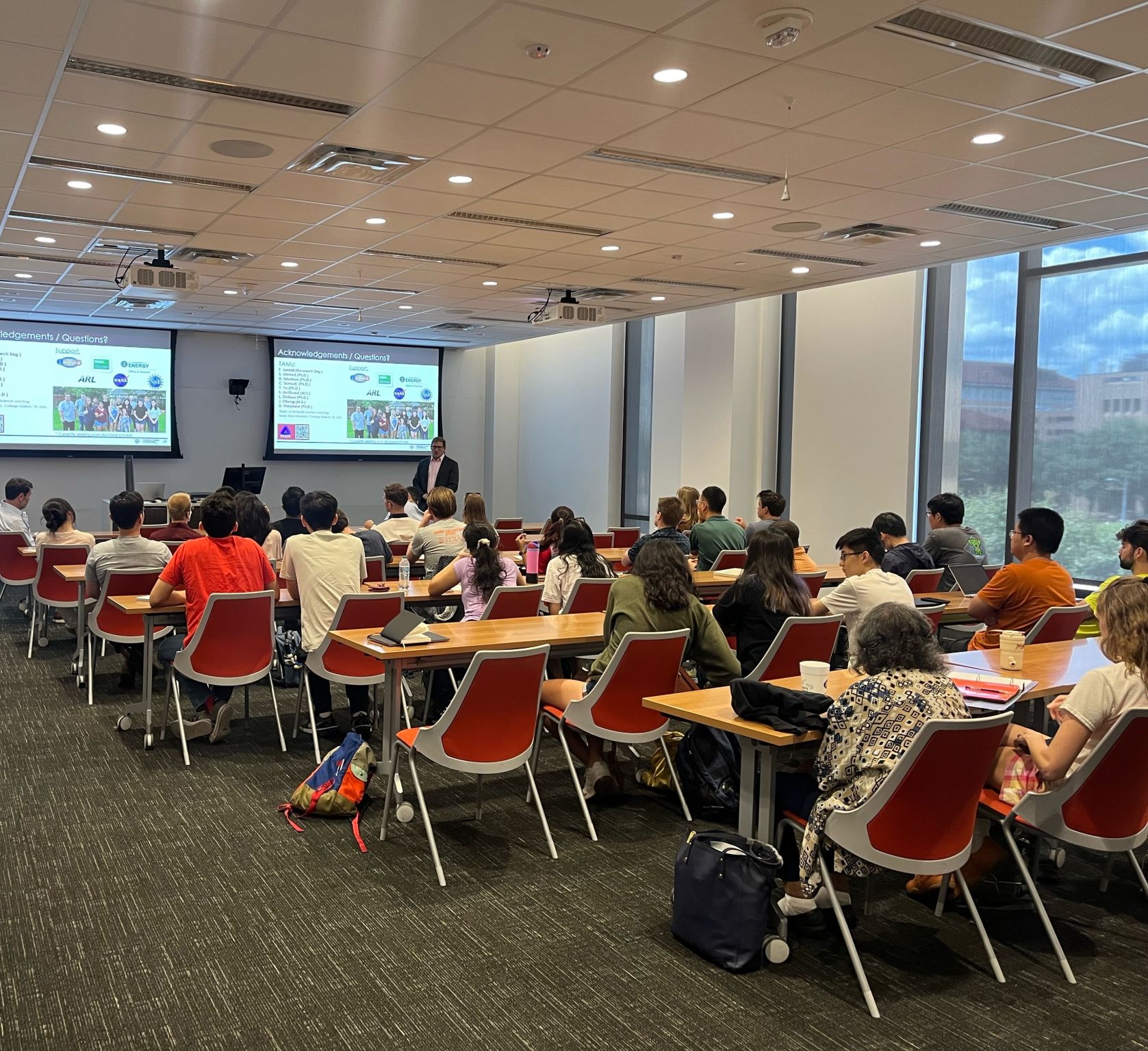
News
Professor Arumugam Manthiram received the Faraday Medal Award

Professor Arumugam Manthiram received the Faraday Medal Award from the Society for Advancement of Electrochemical Science and Technology (SAEST), India.
Koo Research Group Presents at AIAA SciTech 2025 Conference

Three graduate students from the Koo Research Group presented five papers at the AIAA SciTech Conference in Orlando, Florida. Topics included advanced aerospace materials like carbon/UHTR and quartz/UHTR ablatives, microstructural analysis, and photogrammetry methods. The students, along with their advisor Dr. Joseph H. Koo, showcased their research to over 6,000 attendees.
A New Structure for Single Atom Catalysis

A recent study by Dr. Yuanyue Liu and his team, published in The American Chemical Society (ACS), has revealed a previously overlooked catalytic site in M–N–C materials, which are vital for energy conversion reactions like the oxygen reduction reaction (ORR). Traditionally, M–N–C catalysts feature pyridinic sites as the primary active sites.
Dr. Yuebing Zheng Elected Fellow of SPIE
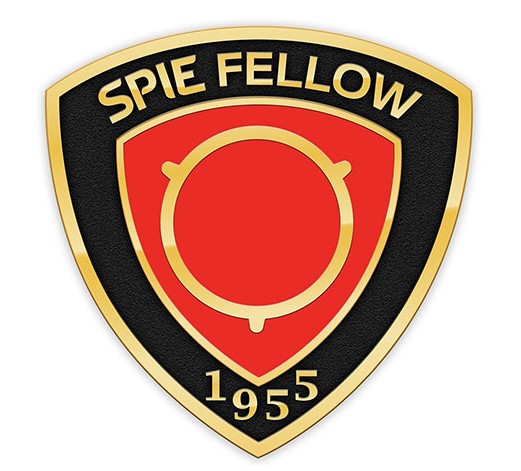
SPIE, the international society for optics and photonics, is proud to announce that Dr. Yuebing Zheng has been elected to the prestigious grade of Fellow of SPIE, in recognition of his outstanding contributions to the field of optics and photonics.
Advancements in Anode-Free Solid-State Batteries

Dr. David Mitlin and Dr. Donald Siegel, along with their colleagues in the Department of Energy’s MUSIC Energy Frontier Research Center, recently published a perspective article in Nature Materials on "Electro-Chemo-Mechanics of Anode-Free Solid-State Batteries."
$12M+
In Grant Funding
20+
Research Patents
10K+

